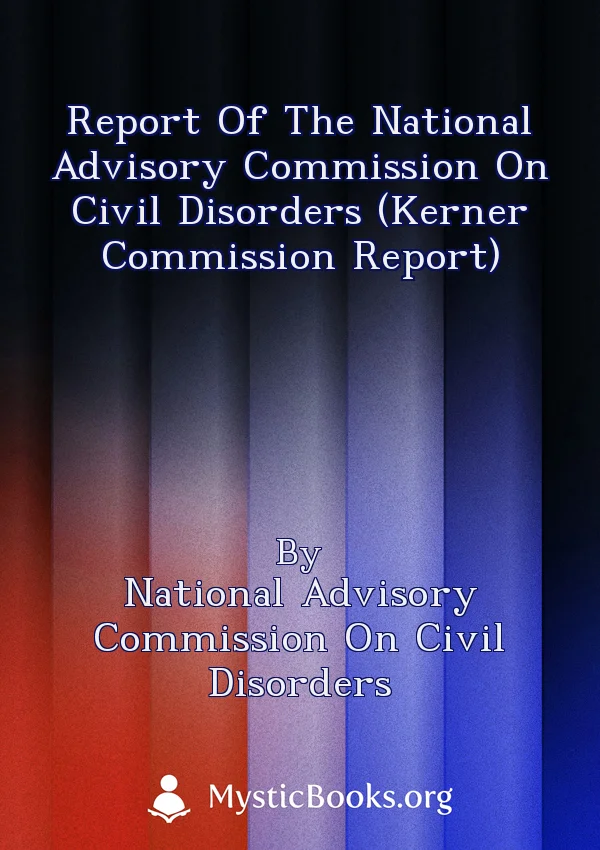
Report of the National Advisory Commission on Civil Disorders (Kerner Commission Report)
by National Advisory Commission on Civil Disorders
'Report of the National Advisory Commission on Civil Disorders (Kerner Commission Report)' Summary
The Kerner Commission Report, released in 1968, is a comprehensive analysis of the 1967 urban riots in the United States. The report's central argument revolves around the stark reality of a widening racial divide in America, a nation moving towards two separate and unequal societies. The Commission found that the riots were not simply random outbursts of violence but rather a consequence of long-standing systemic racism and social injustice. The report identified a complex set of factors that contributed to the unrest, including poverty, unemployment, inadequate housing, discrimination in education and employment, and police brutality. The Commission pointed to the legacy of slavery and segregation, arguing that these historical injustices had created a deeply entrenched system of inequality. The report called for a national commitment to addressing these issues, advocating for a range of social, economic, and political reforms to dismantle segregation, provide equal opportunities, and close the racial gap in education, employment, and housing. The report issued a stark warning: 'Our nation is moving toward two societies, one black, one white — separate and unequal.' It concluded with a powerful call to action, emphasizing the need for a national commitment to achieving racial justice and equality. The report's findings and recommendations had a significant impact on the national discourse on race relations, serving as a catalyst for policy debates and social movements aimed at addressing racial inequality.Book Details
Language
EnglishOriginal Language
Published In
Authors
Download eBooks
Listen/Download Audiobook
- Select Speed
Related books

Poésie. Tome 1 by François Coppée
François Coppée's *Poésie. Tome 1* presents a selection of poems from his early works, showcasing his mastery of traditional French poetry and his kee...
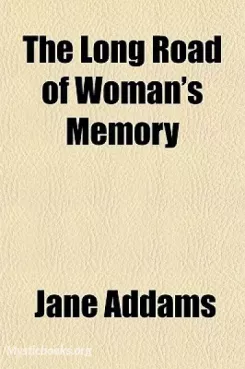
The Long Road Of Woman's Memory by Jane Addams
It is the book that explores the history of women's rights in America. This book was first published in 1916 and has since become a classic in feminis...
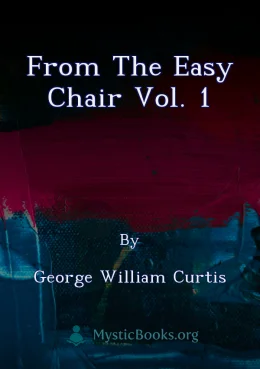
From the Easy Chair Vol. 1 by George William Curtis
This anthology of essays, the first in a three-volume set, showcases George William Curtis's insightful commentary on American life in the 19th centur...
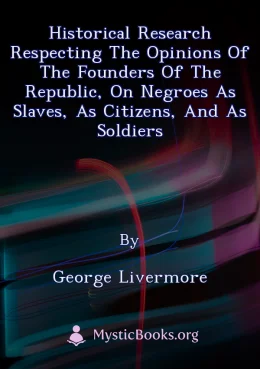
Historical Research Respecting the Opinions of the Founders of the Republic, on Negroes as Slaves, as Citizens, and as Soldiers by George Livermore
This book is a collection of speeches, writings, public statements, and legislative acts of the Founding Fathers and Framers of the United States agai...

What Shall We Do? by Leo Tolstoy
What Is to Be Done? Burning Questions of Our Movement is a political pamphlet written by Russian revolutionary Vladimir Lenin (credited as N. Lenin) i...

Anti-Coup by Gene Sharp
This book introduces an anti-coup policy for protection against political coups. It advocates for resisting coups using nonviolent methods of noncoope...

Commune by Louise Michel
« La Commune » de Louise Michel est un récit poignant de l'insurrection parisienne de 1871, un événement qui a profondément marqué l'histoire de la Fr...

Brother Francis by Eileen Douglas
This biography of Saint Francis of Assisi delves into the life and teachings of the influential religious figure. Eileen Douglas explores Francis's jo...

Going East by Frances E. W. Harper
Frances Ellen Watkins Harper's "Going East" is a collection of poems that reflects her commitment to social justice and the fight for equality. The p...
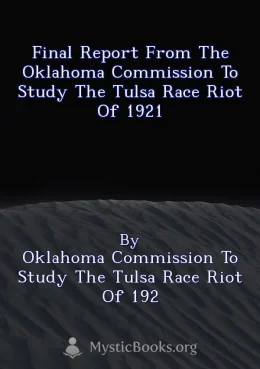
Final Report from the Oklahoma Commission to Study the Tulsa Race Riot of 1921 by Oklahoma Commission to Study the Tulsa Race Riot of 192
The "Final Report from the Oklahoma Commission to Study the Tulsa Race Riot of 1921" examines the devastating events of the 1921 Tulsa Race Riot, a tr...
Reviews for Report of the National Advisory Commission on Civil Disorders (Kerner Commission Report)
No reviews posted or approved, yet...